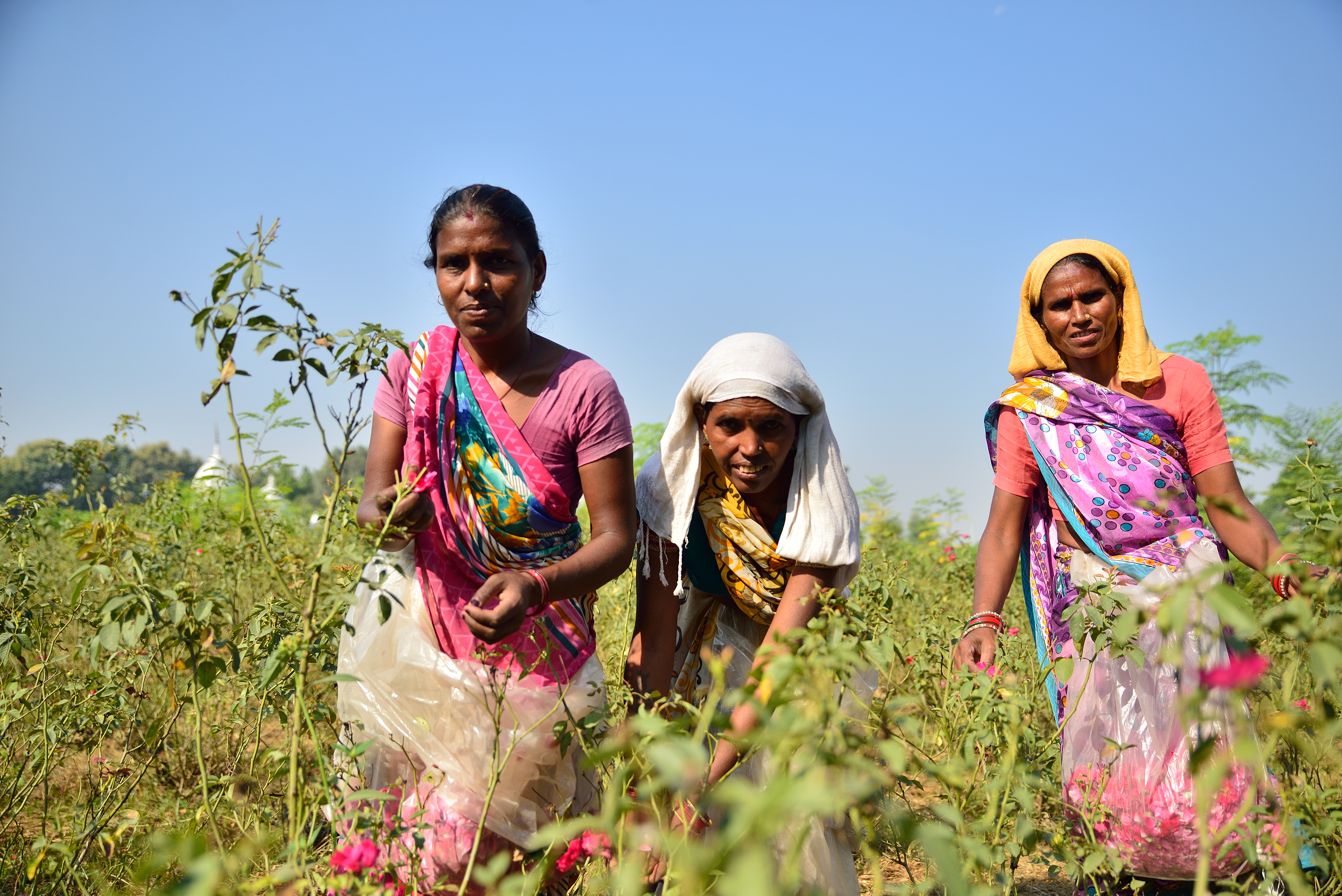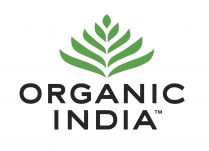

ORGANIC INDIA USA

Colorado, United States
August 2015
Food products
Wholesale/Retail
India,
United States
ORGANIC INDIA was formed in the 1990's by a small group of people from around the world who met in Lucknow, a town in northern India. They had traveled to meet H.W.L. Poonja, the spiritual teacher fondly known as "Papaji." Drawn by the search for truth and self-realization, they came to hear Papaji’s simple teachings: "Keep Quiet. The eternal truth exists within you. Do not entertain a single thought and the truth will reveal itself to itself." Inspired by Papaji's lifetime of service, this group had a vision to forge a path, using the global marketplace as a tool to change the face of agriculture in northern India. Their idea was simple: establish a sustainable business model to support the livelihood of thousands of marginalized farmers in India by providing training and education, enabling self-sufficiency and skills that could be passed on to future generations. This idea became a movement as organic and biodynamic farming methods were developed and practiced. The founders’ mission to offer safe and effective herbal products to the world is the driving force behind an organic revolution that started with ORGANIC INDIA and is now taking root all across India.
Overall B Impact Score
Governance 15.5
Governance evaluates a company's overall mission, engagement around its social/environmental impact, ethics, and transparency. This section also evaluates the ability of a company to protect their mission and formally consider stakeholders in decision making through their corporate structure (e.g. benefit corporation) or corporate governing documents.
What is this? A company with an Impact Business Model is intentionally designed to create a specific positive outcome for one of its stakeholders - such as workers, community, environment, or customers.
Workers 23.7
Workers evaluates a company’s contributions to its employees’ financial security, health & safety, wellness, career development, and engagement & satisfaction. In addition, this section recognizes business models designed to benefit workers, such as companies that are at least 40% owned by non-executive employees and those that have workforce development programs to support individuals with barriers to employment.
Community 47.6
Community evaluates a company’s engagement with and impact on the communities in which it operates, hires from, and sources from. Topics include diversity, equity & inclusion, economic impact, civic engagement, charitable giving, and supply chain management. In addition, this section recognizes business models that are designed to address specific community-oriented problems, such as poverty alleviation through fair trade sourcing or distribution via microenterprises, producer cooperative models, locally focused economic development, and formal charitable giving commitments.
What is this? A company with an Impact Business Model is intentionally designed to create a specific positive outcome for one of its stakeholders - such as workers, community, environment, or customers.
Environment 34.5
Environment evaluates a company’s overall environmental management practices as well as its impact on the air, climate, water, land, and biodiversity. This includes the direct impact of a company’s operations and, when applicable its supply chain and distribution channels. This section also recognizes companies with environmentally innovative production processes and those that sell products or services that have a positive environmental impact. Some examples might include products and services that create renewable energy, reduce consumption or waste, conserve land or wildlife, provide less toxic alternatives to the market, or educate people about environmental problems.
What is this? A company with an Impact Business Model is intentionally designed to create a specific positive outcome for one of its stakeholders - such as workers, community, environment, or customers.
Customers 4.3
Customers evaluates a company’s stewardship of its customers through the quality of its products and services, ethical marketing, data privacy and security, and feedback channels. In addition, this section recognizes products or services that are designed to address a particular social problem for or through its customers, such as health or educational products, arts & media products, serving underserved customers/clients, and services that improve the social impact of other businesses or organizations.